Editor’s Note: This post is part of an ongoing multi-part series covering the Millstein Center’s March 1, 2019 conference, “Corporate Governance ‘Counter-narratives’: On Corporate Purpose and Shareholder Value(s).”
By Brea Hinricks
In his remarks at the Millstein Center’s March 1, 2019 conference, Corporate Governance “Counter-narratives”: On Corporate Purpose and Shareholder Value(s), Delaware Supreme Court Chief Justice Leo Strine argued that a major issue facing public corporations and capitalism today is that they are failing to work for the average person (a recurring theme in the Chief Justice’s recent writings).
Mark Roe, in reflecting on Strine’s work for the conference, identified another main narrative espoused by Strine: that “short-termism” is a deep problem which is damaging the U.S. economy. Indeed, the short-termism story is pointed to by many in the legal, political, and business realms as a major threat to economic prosperity. Commentators from Joe Biden to Warren Buffet and Jamie Dimon have argued that there is a problematic pressure on companies to prioritize short-term profits over long-term, sustained growth, in part due to more intense focus from activist investors.
Despite this widespread rhetoric, Roe argues that economy-wide data simply doesn’t provide clear support for the short-termism story. He identifies four main trends often put forth as evidence of the bad economic effects of stock market short-termism:
- cutbacks in capital expenditures;
- stock buybacks which starve firms of cash;
- reduced R&D investment resulting from the lack of cash (which, in turn, reduces employee welfare); and
- a U.S. stock market that does not support longer-term innovation.
Continue reading Mark Roe on Leo Strine and the Big Picture: Is Short-Termism Really to Blame?
